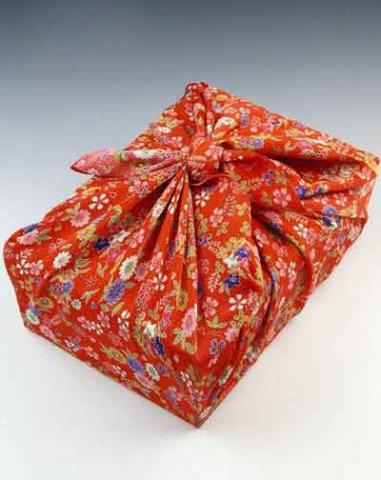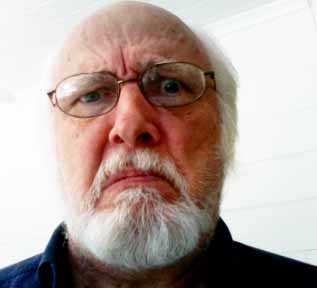
In Heuretics I proposed that "chora" is to electracy what "topic" is to literacy: a rhetorical system of storage and retrieval of materials, organized to assist the transformation of information into knowledge. The topical method of invention that organized education in the West throughout the manuscript era and beyond develops Aristotle's metaphysics into a pedagogy (his isotopy correlating thought and language with the operations of nature). To promote choragraphy as the practice organizing konsult, then, shows the holistic approach the EmerAgency takes to consulting. The goal is not just to express some opinion from the literate Humanities about policy debates, but to design and test an electrate metaphysics, structuring the future of any possible counsel in a digital apparatus (just as Aristotle's metaphysics was the frame within which science became possible). This framing ambition may not be accomplished all at once, and need not be, but is the guiding idea directing many steps (experiments) along the way (and not only by the EmerAgency).
Our point of entry into the story of chora (Greek term for "region" or "space") is with the invention of philosophy in the Academy and Lyceum, the first schools in the Western tradition, founded by Plato and his pupil, Aristotle. Agamben's review of this story retraces the tradition within which we are working, including Heidegger's reading of the Greeks, and his influence in turn on French theory (Derrida). The method of apparatus invention is heuretics, with the first point to register being that literacy in every feature of its history is an invention, an intentional creation, design, and implementation including identity behavior, institution formation, and technology and its practices. The particular moment within this holistic matrix that Agamben foregrounds (after Heidegger) is the conceptual invention of "truth," noted in the Greek term aletheia. Heidegger used his etymological procedure to translate the abstract principle of truth into an experience and event of un/concealment.
The crucial insight is that truth as event (as experience and phenomenon) happens only within the prosthesis of written language (the apparatus frame). Within that frame a double movement occurs, indicated in the phrase It gives (a gift). The gift given is the thing. There are two dimensions of this event: That the gift appeared; What the gift is. The What-is that appears, emerges through an opening of withdrawal, a clearing and lighting up, the shining of This (That) --beauty. This opening is chora. Aristotle's (fatal) Decision (fatal in that it determined the direction or Way of the West up to our own epoch) was to codify out of the Greek beginning a metaphysics of What (substance). There are potentially two beginnings of Western philosophy, then, each with its own end (completion or goal, telos), only one of which was made actual or realized (the one we are living now).
The theory proposes that the "other beginning" (Heidegger's phrase) is equally promising, and has become practical in the conditions of electracy: to develop an emerging or coming metaphysics, an ontological rhythm of opening/closing, which is implicit in Aristotle's distinction between dunamis/energeia (potentiality/actuality). The way of potentiality is to notice that what we talk about when we talk about Being is precisely language as such, language itself (its potential to produce meaning). The experience of truth is an event made available within, a capacity specific to, written language (the oral apparatus has its own metaphysics of right/wrong). Agamben declares in Infancy and History that the question motivating all his books is what it means to say "that there is language." The implications for a konsult on well-being could not be more evident: Justice requires that the human capacity for language (in the extended sense of apparatus) be actualized for each individual. The heuretic principle, of couse, is to use the invention of literate metaphysics as a template for our own invention. Metaphysics continues in electracy, just as do narrative, politics, education and the like. The other beginning leads not to "truth" and "science," but to experiences and practices native to a digital apparatus.

